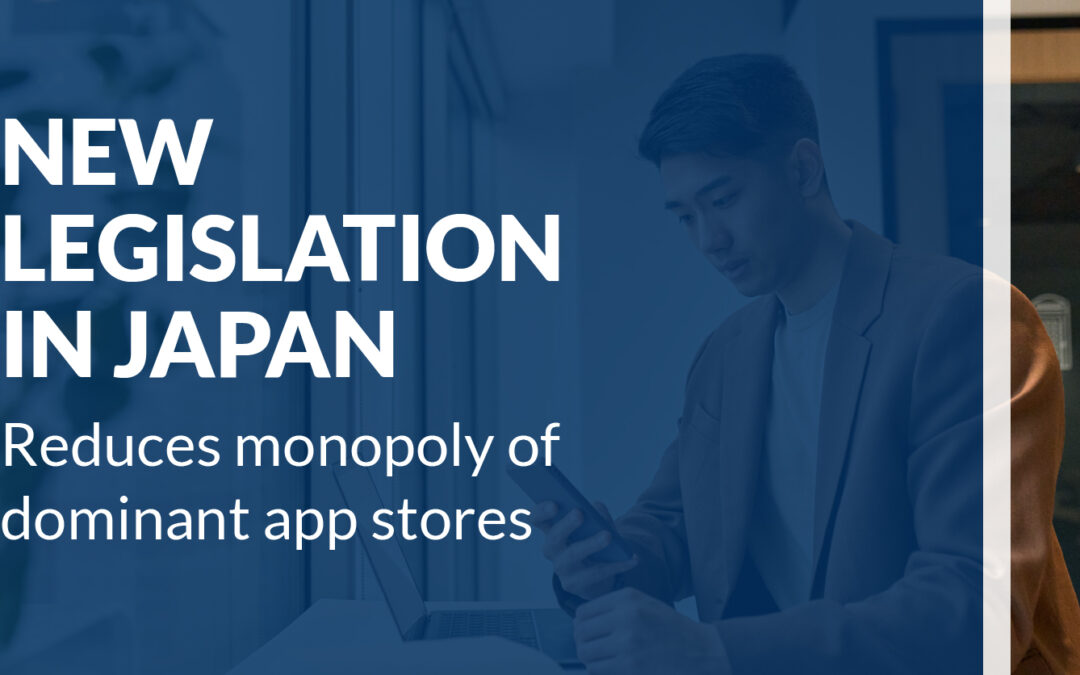The Federal Trade Commission (FTC) recently unveiled a proposed rule aimed at prohibiting junk fees that can adversely impact consumers and hinder fair competition. The FTC estimates that these fees cost consumers tens of billions of dollars annually, prompting the need for regulatory intervention. Besides, to address this issue, the FTC has invited public comments on the proposed rule.
What is a Junk Fee?
Junk fees refer to hidden and deceptive charges imposed by businesses, often during or after a transaction, that are not adequately disclosed upfront. These fees can include mandatory charges that significantly increase the overall cost paid by consumers. Examples of junk fees range from undisclosed resort fees when booking hotels to misrepresented charges in various transactions like concert ticket purchases, apartment rentals, and utility bill payments.
Ways in which Junk Fees can affect consumers
Junk fees have a detrimental impact on consumers in several ways. Firstly, they lead to unexpected and increased costs, making it challenging for consumers to accurately compare prices and make informed purchasing decisions. Consumers may find themselves paying more than anticipated, eroding their trust in businesses. Additionally, the lack of transparency surrounding these fees hinders fair competition and punishes honest businesses that are upfront about their pricing, as consumers may be drawn to artificially low prices only to face hidden charges later.
Where do they frequently appear?
Junk fees are extensive across various sectors, affecting consumers in diverse transactions. These fees often appear when businesses fail to disclose the total amount consumers will have to pay until later in the transaction process or when they misrepresent the nature and purpose of certain fees.
For those commenting on the FTC’s proposal, scenarios in which junk fees tend to arise include the following:

Hotel and Short-Term Lodging Fees

Live-Event Ticket Fees

Fees Related to Restaurants and Prepared Food and Grocery Delivery Apps

Transportation Fees

Telecommunications Fees

Rental Housing Fees
Concerning rental housing fees, monthly rents advertised by leasing companies often do not include fees for mandatory services, resulting in unexpected and significant increases in renters’ monthly expenditures. Besides, the purpose of these fees is not consistently specified by leasing companies.

Education Fees
Institutions of higher learning frequently impose mandatory fees that are not incorporated into the advertised tuition fees. In some cases, the rate of undisclosed fees is rising at a faster pace than the cost of tuition. Non-transparent tuition and fee pricing models, especially, could have an impact on students coming from lower-income backgrounds.

Financial Services Fees
Correctional Services Fees
What is the FTC proposing?

Banning hidden fees
Prohibiting businesses from advertising prices that hide or omit mandatory fees.

Regulating bogus fees
Requiring businesses to disclose upfront the amount and purpose of fees and whether they are refundable, preventing misrepresentation.
This new rule proposed by the FTC represents a significant step towards protecting consumers from deceptive business practices. By banning hidden and bogus fees, the rule aims to foster transparency, empower consumers to make informed choices and level the playing field for honest businesses. The proposed measures, if implemented, could save consumers time and money, strengthen market competition, and contribute to a fairer and more transparent marketplace. Besides, as the FTC invited public comments on the proposed rule, it demonstrates a commitment to addressing consumer concerns and promoting a marketplace that prioritizes honesty and fairness.
In addition, this proposal is a warning to market sectors that usually include this type of fee in consumer charges. Although this proposal, if accepted, will only apply in the United States, these initiatives may be replicated in other jurisdictions, which is why companies should avoid incurring in this type of conduct.
Our Experts

Santiago Lombana
Antitrust and Consumer
Law Coordinator







